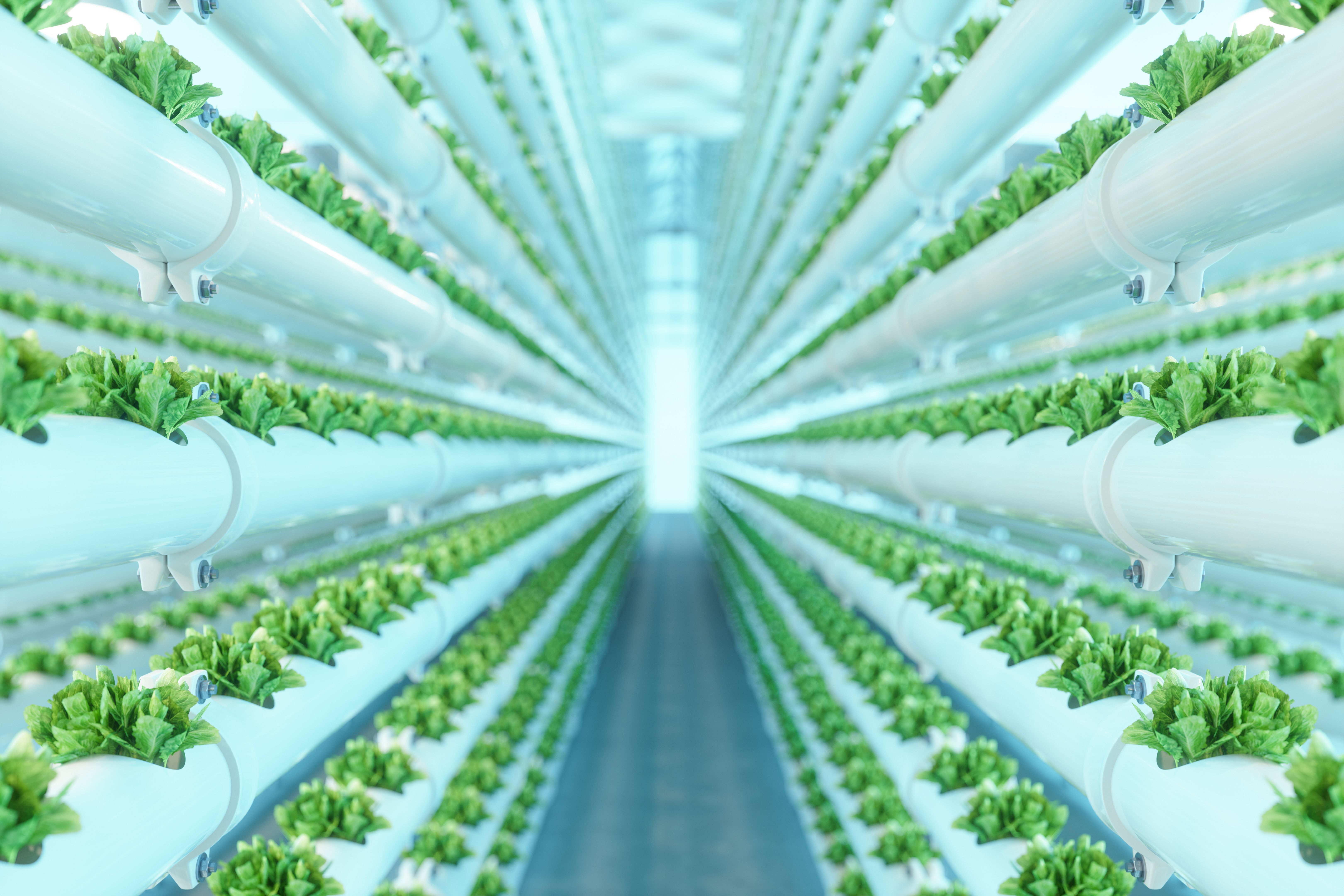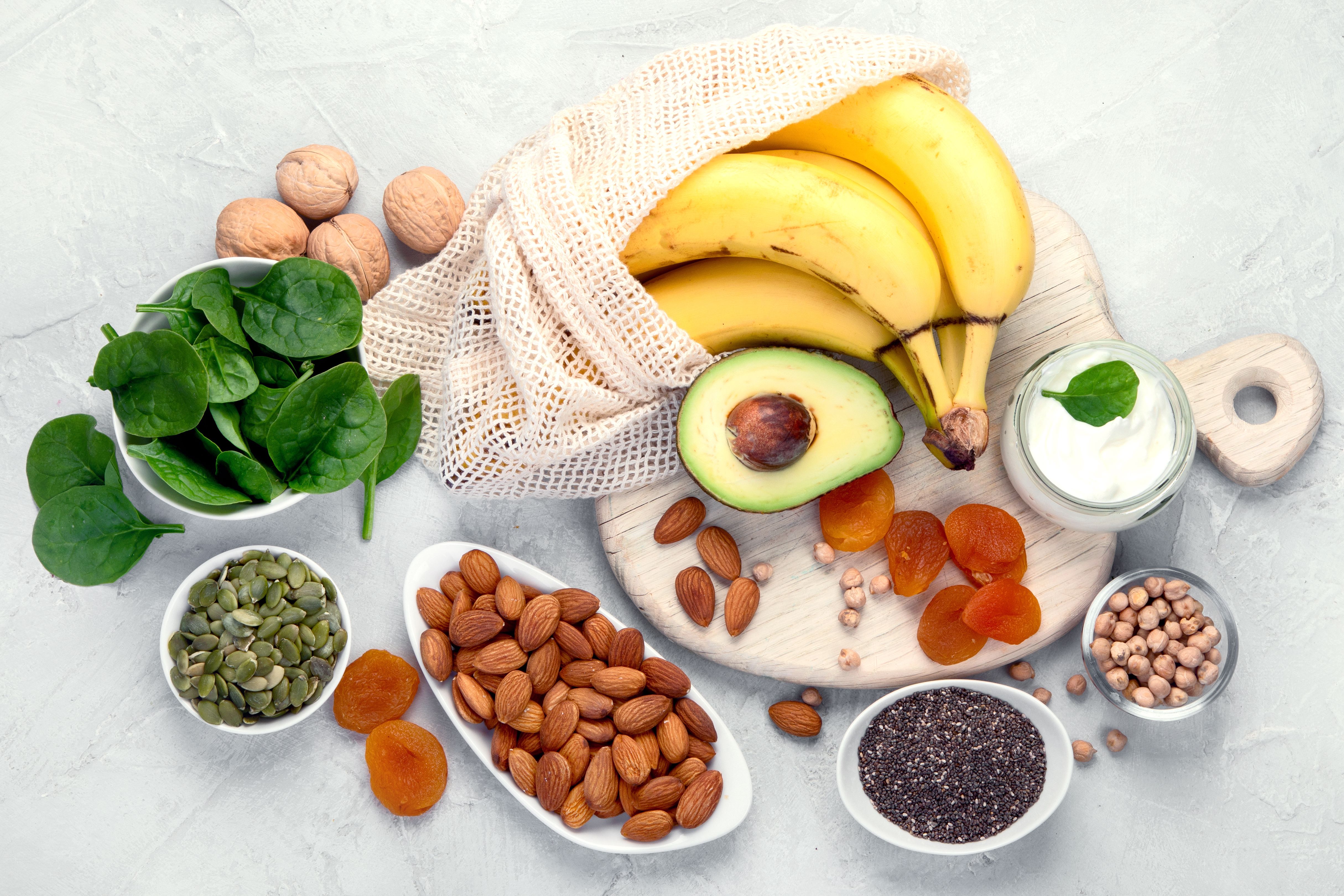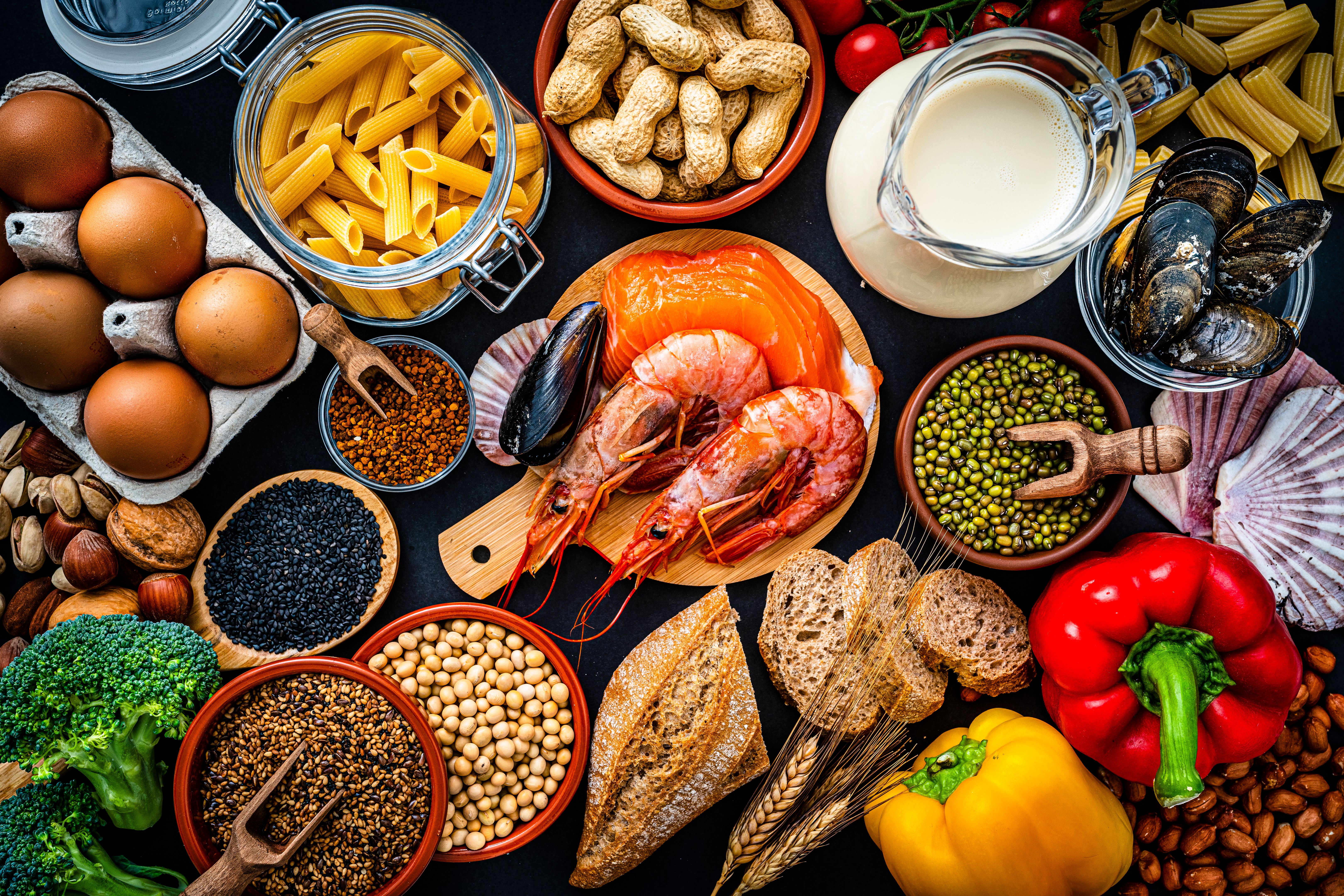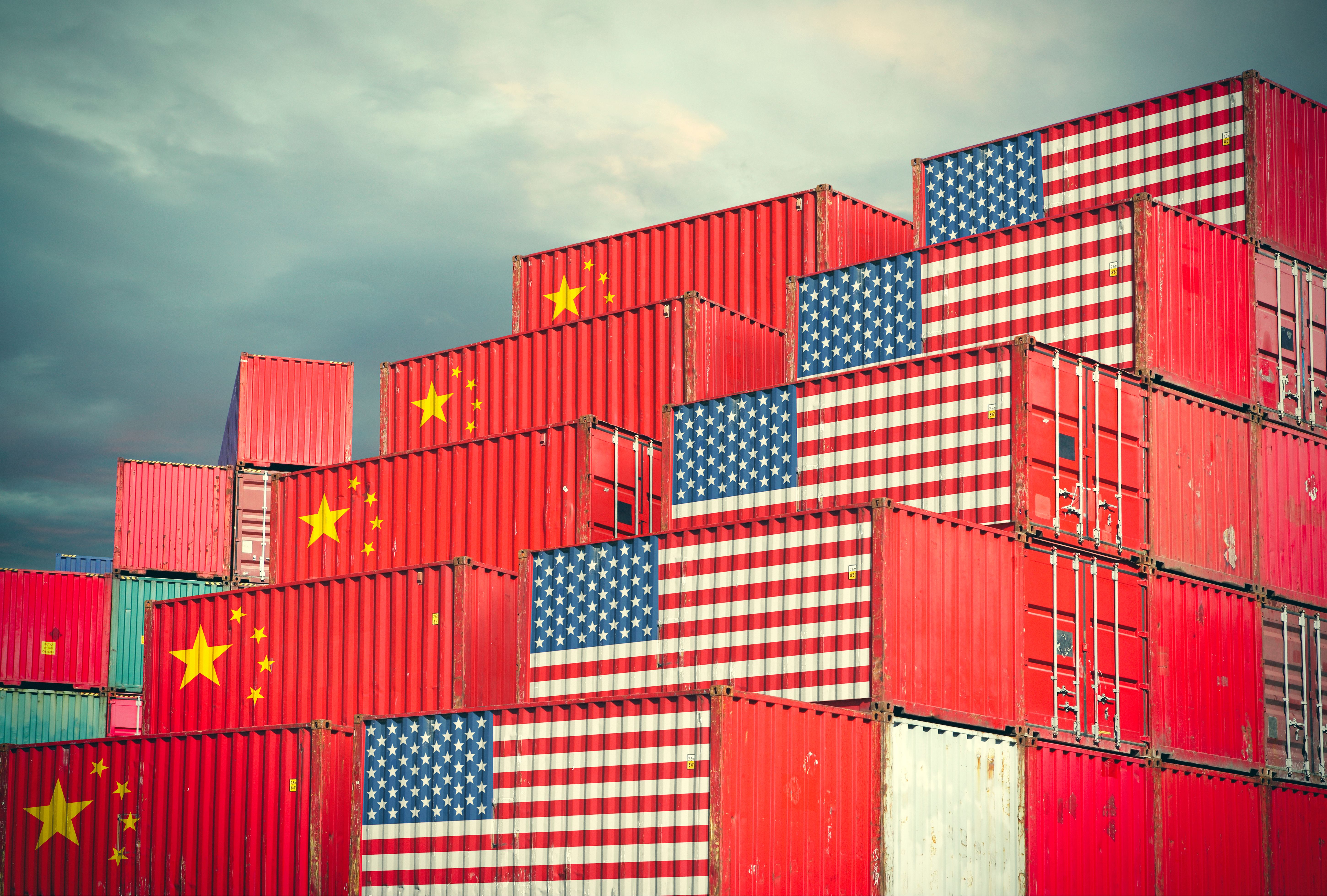Global Food Industry Headlines: April 21, 2025
Global Food Industry Headlines: April 21, 2025
The global food industry continues to evolve rapidly, driven by technological advancements, sustainability initiatives, and changing consumer preferences. As of April 2025, several key developments are shaping the future of food production and consumption worldwide.
Technology Transforming Agriculture
One of the most significant trends is the integration of technology in agriculture. Precision farming techniques, such as the use of drones and AI-driven analytics, are becoming more prevalent. These technologies help farmers optimize crop yields while minimizing resource usage, leading to more sustainable farming practices.
Additionally, vertical farming is gaining traction, particularly in urban areas. This innovative approach to agriculture allows for year-round crop production in controlled environments, significantly reducing water usage and the need for pesticides.

Sustainability Takes Center Stage
Sustainability remains a major focus for the food industry. Companies are increasingly committing to reducing their carbon footprints and adopting eco-friendly practices. The push towards plant-based diets is also gaining momentum as consumers become more conscious of the environmental impact of their food choices.
Moreover, packaging innovations are playing a crucial role in sustainability efforts. Biodegradable and recyclable packaging solutions are being developed to reduce plastic waste, aligning with global goals to combat pollution.

Shifts in Consumer Preferences
Consumer preferences are shifting towards healthier and more transparent products. There's a growing demand for organic, non-GMO, and locally sourced foods as people seek to understand the origins of what they consume. This trend is encouraging producers to offer more detailed labeling and transparency in their supply chains.
The rise of functional foods, which offer additional health benefits beyond basic nutrition, is also noteworthy. Ingredients like probiotics, collagen, and adaptogens are becoming popular as consumers look for foods that support overall wellness.

Regulatory Developments
Regulatory changes are also influencing the food industry landscape. Governments worldwide are implementing stricter guidelines on food safety and labeling to ensure consumer protection. These regulations often require companies to adapt their practices to meet new standards, fostering innovation and improvement in product quality.
In some regions, there is a push towards incentivizing sustainable agricultural practices through subsidies and tax benefits. These policies aim to encourage farmers to adopt environmentally friendly methods and contribute to a greener future.

Global Trade Dynamics
Global trade dynamics continue to impact the food industry. As trade negotiations evolve, tariffs and trade agreements play a crucial role in determining market accessibility for various food products. These factors can influence pricing, availability, and competitiveness in different regions.
The ongoing geopolitical tensions have also led countries to reassess their food security strategies, emphasizing the importance of establishing resilient and diversified supply chains.

